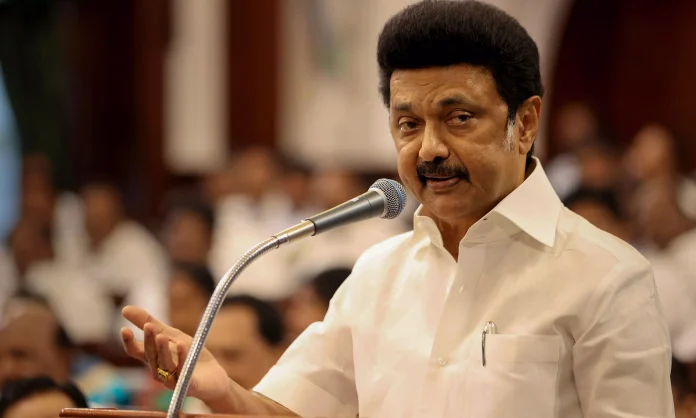In a significant political development, Tamil Nadu Chief Minister MK Stalin has called for a consultative meeting of all Members of the Legislative Assembly (MLAs) on April 9 at the Secretariat. This move comes in response to the Central government’s recent rejection of the state’s plea for exemption from the National Eligibility cum Entrance Test (NEET).
In This Article:
Background of the NEET Controversy
NEET, introduced as a standardized entrance examination for medical courses across India, has been a contentious issue in Tamil Nadu. The state has a long-standing history of admitting students to medical colleges based on their Class 12 examination scores. The introduction of NEET has been perceived by many in Tamil Nadu as a disruption to this system, disadvantaging students from rural backgrounds and underprivileged communities who may lack access to specialized coaching centers.
State’s Efforts to Seek Exemption
The Tamil Nadu government has been persistent in its efforts to secure an exemption from NEET. In June 2024, Chief Minister Stalin wrote to Prime Minister Narendra Modi, emphasizing the state’s opposition to NEET and seeking its abolition at the national level. He argued that admissions should be based on Class 12 marks, highlighting that the entrance exam added undue stress on students. Stalin also pointed out that the state had passed a bill unanimously in the Legislative Assembly to exempt Tamil Nadu from NEET, which was awaiting presidential assent.
Centre’s Rejection and State’s Response
The recent rejection of Tamil Nadu’s plea by the Central government has intensified the state’s resolve to oppose NEET. Chief Minister Stalin expressed his dissatisfaction, stating, “The Union government might have rejected our request seeking exemption from NEET, but our fight against NEET isn’t over in any way.” He emphasized that the state’s traditional medical admission system had been instrumental in producing some of the country’s best doctors. Stalin further highlighted that NEET disproportionately benefits urban students who can afford expensive coaching centers, thereby widening the gap between privileged and underprivileged aspirants.
Formation of the AK Rajan Committee
Reflecting the collective voice of the people of Tamil Nadu, the state government constituted a high-level committee under the leadership of Justice AK Rajan to examine the impact of NEET. The committee’s findings revealed that NEET had adversely affected the prospects of students from rural and economically weaker sections, leading to a significant decrease in their representation in medical colleges. These findings have been pivotal in the state’s argument against the imposition of NEET.
Political Consensus and Future Actions
The upcoming consultative meeting on April 9 aims to bring together all political parties to deliberate on the next course of action. Stalin’s decision to involve all MLAs underscores the gravity of the situation and the need for a united front in addressing the challenges posed by NEET. The Chief Minister’s proactive approach reflects his commitment to safeguarding the interests of Tamil Nadu’s students.
Broader Implications and National Debate
Tamil Nadu’s opposition to NEET has sparked a broader national debate on the centralization of education policies and the autonomy of states in determining their admission processes. In August 2023, during his Independence Day address, Chief Minister Stalin called for the subject of education to be moved to the State List of the Constitution from the Concurrent List. He argued that such a move would pave the way for the abolition of exams like NEET, which he described as stumbling blocks to students’ progress.
The battle will continue
The Centre’s rejection of Tamil Nadu’s plea for NEET exemption has reignited the state’s determination to challenge the examination’s applicability. The forthcoming all-party meeting is expected to chart a strategic path forward, emphasizing the state’s unwavering commitment to ensuring equitable access to medical education for all its students. As this issue unfolds, it remains to be seen how the state and central governments will navigate this complex and deeply consequential educational policy dispute.
By – Sonali




